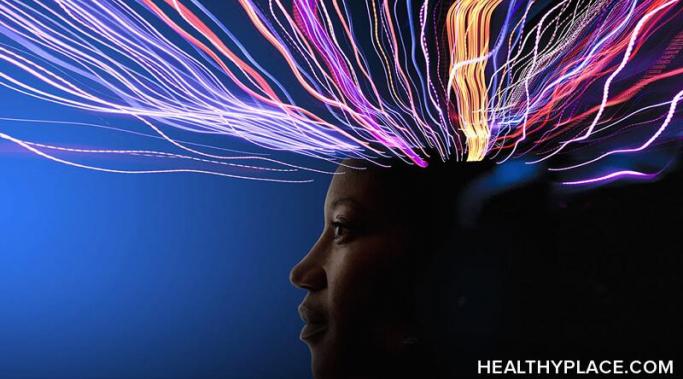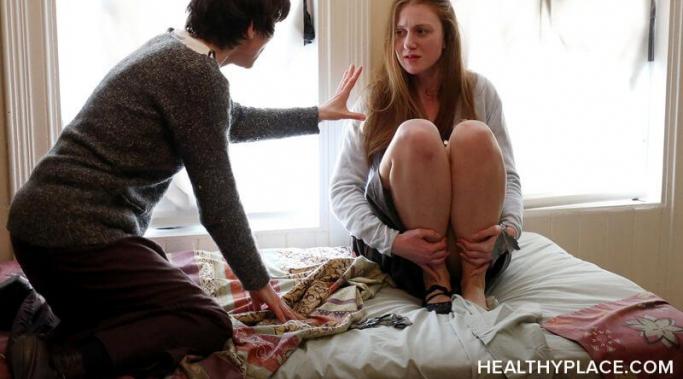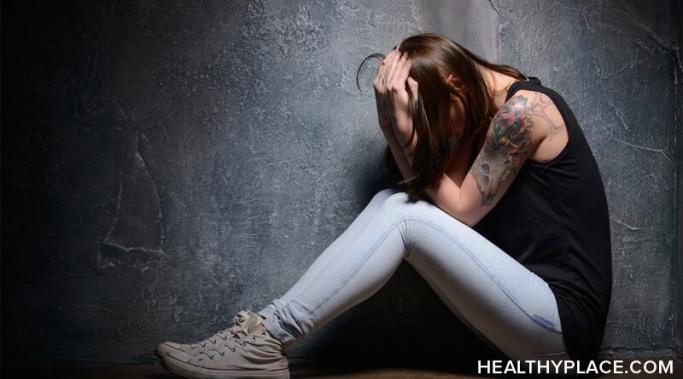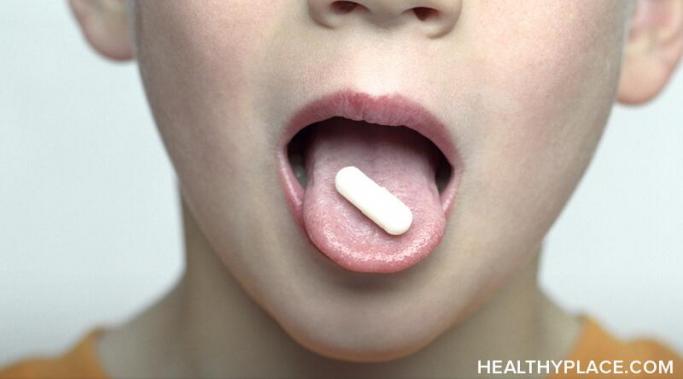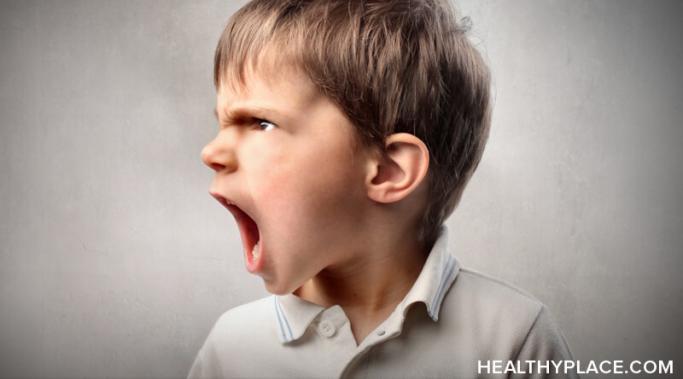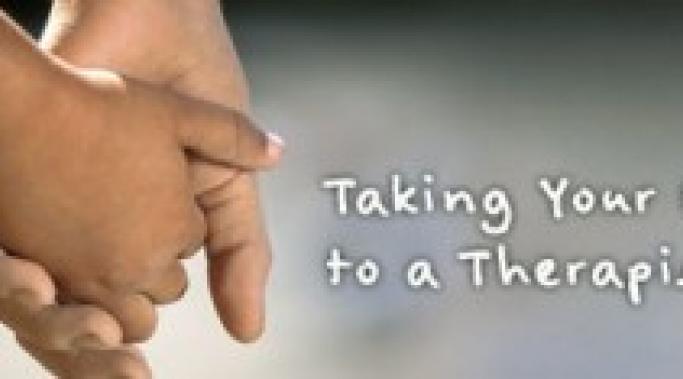My daughter just graduated from a year of shock therapy for major depressive disorder (electroconvulsive therapy [ECT]). It gave her life back. Her severe major depressive disorder had stopped her from functioning in life and kept the threat of suicide lingering over her like a vulture waiting to pounce. Yet, today, a year after beginning shock therapy, she has finished her college program, gotten a job and is socializing and taking care of herself with a kind of sparkle that had once seemed impossible. Shock therapy for my daughter's major depressive disorder created a miracle for her.
Mental Health Treatment - Parenting Child with Mental Iillness
For two years I refused to even consider electroconvulsive therapy (ECT) for my severely depressed daughter. After all, I saw those 1950s movies—I saw those patients emerge zombie-like with no memory. But then my daughter’s life became so bleak we had no choice but to try electroconvulsive therapy, and I’ve kicked myself for letting her suffer so long.
My daughter and I have a mental health safety contract. She violated the conditions of the contract, and I had to call the police. Since my daughter and I have used mental health safety contracts since she was a teenager, we both understood the rules. By having a mental health safety contract, I took what could have been a volatile, extended fight with my adult child with bipolar disorder and turned it into a straightforward contractual arrangement. It made a difficult situation easier.
According to our emergency plan for mental health crises, I had to call the police. After melting down for an hour, my daughter with bipolar disorder had locked herself in the bathroom threatening to kill herself. Knowing the signs of suicide, my daughter and I (with the help of her therapist) had created a safety contract—she violated it by locking herself away from me—I had to call according to the emergency plan for mental health crises.
Controversy surrounds a parent's decision to give psychiatric medication to their child with disruptive mood dysregulation disorder (DMDD)--or any other mental illness. Few question parents who medicate children with diabetes or other potentially life-threatening conditions. Yet they will absolutely question those of us whose children have potentially life-threatening mental illnesses. Parents don't take this decision lightly, though, and we know psychiatric medication for a child is not an easy fix.
Most people don't know what life with disruptive mood dysregulation disorder (DMDD) is like. But if your child is perpetually angry and irritable or you walk on eggshells for fear of triggering terrifying outbursts, these behaviors may point to disruptive mood dysregulation disorder, a childhood mood disorder that can lead a child and his or her parents on a scary and frustrating journey.
My son Bob began talk therapy at age eight after he knocked over a heavy wrought-iron barstool that ripped the back of my upholstered couch as it fell. Next he went upstairs and slammed the door to his room, putting a hole in the wall. Bob's behavior got worse despite my best parenting efforts. He was a sweet kid, but his moods changed rapidly, resulting in damage and destruction. I didn't know what to do, so I asked one of my mom friends for a referral.
The moment my 12-year-old son ran out the front door, I locked it. The temperature that evening was 17 degrees. Bob was wearing basketball shorts, a tank top and no shoes. Earlier he was playing with knives and making threats. My mind struggled as he banged on the door begging me to let him in. Finally, I unlocked the back door to the basement and told him to go around the house. He slept downstairs (behind a locked door) while my family slept safely upstairs. The next day Bob was diagnosed with bipolar disorder.
Yesterday was National Psychotherapy Day according to Twitter.com. After doing some research, I discovered that it was the 2nd annual celebration and was founded by a group of clinicians, graduate students and supporters of psychotherapy in California (NationalPsychotherapyDay.com). The designation was designed to spread awareness about psychotherapy and reduce the stigma of seeking mental health treatment.
It's dark when I pull into the parking lot. I'm nervous--will he have what I need? Will the price have gone up? What if I can't get it? How will I get through tomorrow--the next day, the day after that--if I don't? My fears are unrecognized, but I can't help noticing the smug, disapproving look on his face as he hands me what I came for.
This isn't a back-alley drug deal; it's a simple transaction between me and my pharmacist. So why do I still feel like a common junkie?
